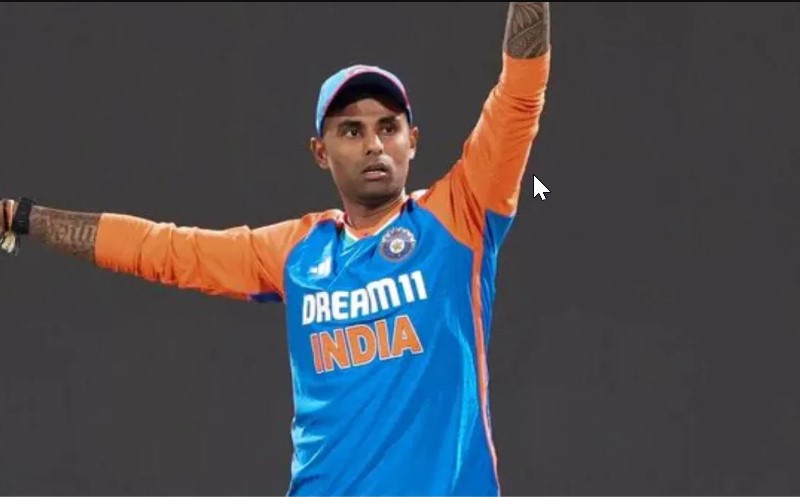Suryakumar Yadav’s instincts as captain came to the fore in this thrilling T20I series clincher against Sri Lanka. These unorthodox bowling changes brought in during the death overs proved to be game-changers, helping India eventually defend the modest total of 137 runs. The call of handing the 19th over to Rinku Singh turned out to be a wise decision; the young all-rounder ran home with an economy of three runs and claimed two vital wickets.

SKY then took matters into his own hands, bowling the final over and taking two more wickets, thereby closing the deal for India. Former Indian cricketer Mohammad Kaif was the first to laud Yadav’s captaincy, drawing comparisons with Rohit Sharma.
WATCH – Gautam Gambhir’s Inspiring Speech Boosts India To T20I Series Victory
His tweet underlined the impact of bowling changes and seemed to suggest that Yadav was already inheriting the mantle of being a shrewd tactician from his predecessor.
Bhai Rohit Sharma ka chela hai Surya.. 19th over Rinku se, 20th over khud SKY and won the game. What else one needs to be a great leader?
— Mohammad Kaif (@MohammadKaif) July 30, 2024
Suryakumar Yadav came out for a post-match interview to explain his thinking behind the bowling changes. He further added that since Rinku Singh is a good turn extractor from the Pallekele pitch, he was a good match for the 19th over. In the captain, that confidence in his bowler and ability to read the game did come across very clearly in his decisions.
ALSO READ: Inside Team India’s Memorable Return Flight: Details From Their T20 World Cup Triumph
Another former Indian pacer, Ashish Nehra, wanted to know the reason behind the order of bowlers. Yadav explained that the 19th over has been a tough over for India in most cases, and he wanted to give Rinku the opportunity to be in a position of excellence during that phase.
The series victory meant that Yadav opened his account with a team he was supposed to lead. With Rohit Sharma set to return as captain in the ODI series starting next week, it looks as if the Indian team management won’t be short of leaders.
